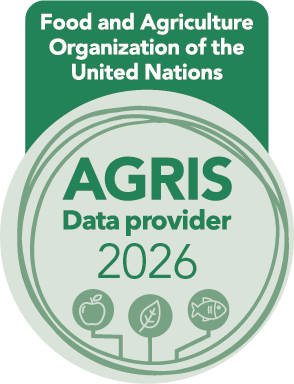QUICK LINKS
Archives of Agriculture and Environmental Science
eISSN: 2456-6632 (Online)
Frequency: Quarterly (March, June, September and December)
Publisher: Agriculture and Environmental Science Academy, 86, Gurubaksh Vihar (East), Kankhal, Haridwar 249408, Uttarakhand, India



